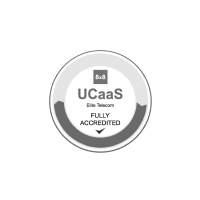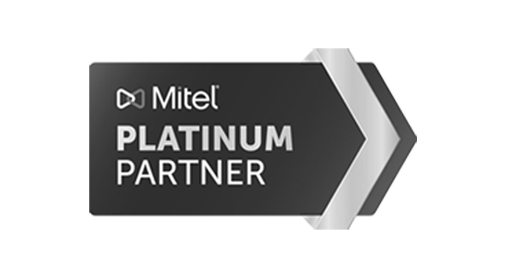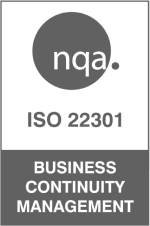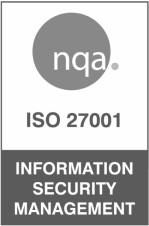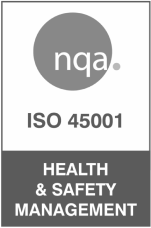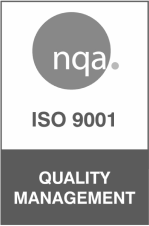PSTN vs ISDN vs VOIP vs SIP
Learn more about the technologies that have powered communications for decades, and those that will lead us into the future.

VOIP vs SIP vs PSTN vs ISDN
With technology rapidly evolving and so many terms and abbreviations in play, it can be difficult to decipher one technology from the other if you’re not already educated on the subject. Elite Group specialises in communication technologies your enterprise can use to uphold consistent contact between colleagues and customers, while embracing new and exciting innovations that foster productivity and growth.
Let’s take a look at some of this terminology – both dated and modern – giving you a clearer picture of the communications landscape as we know it today.
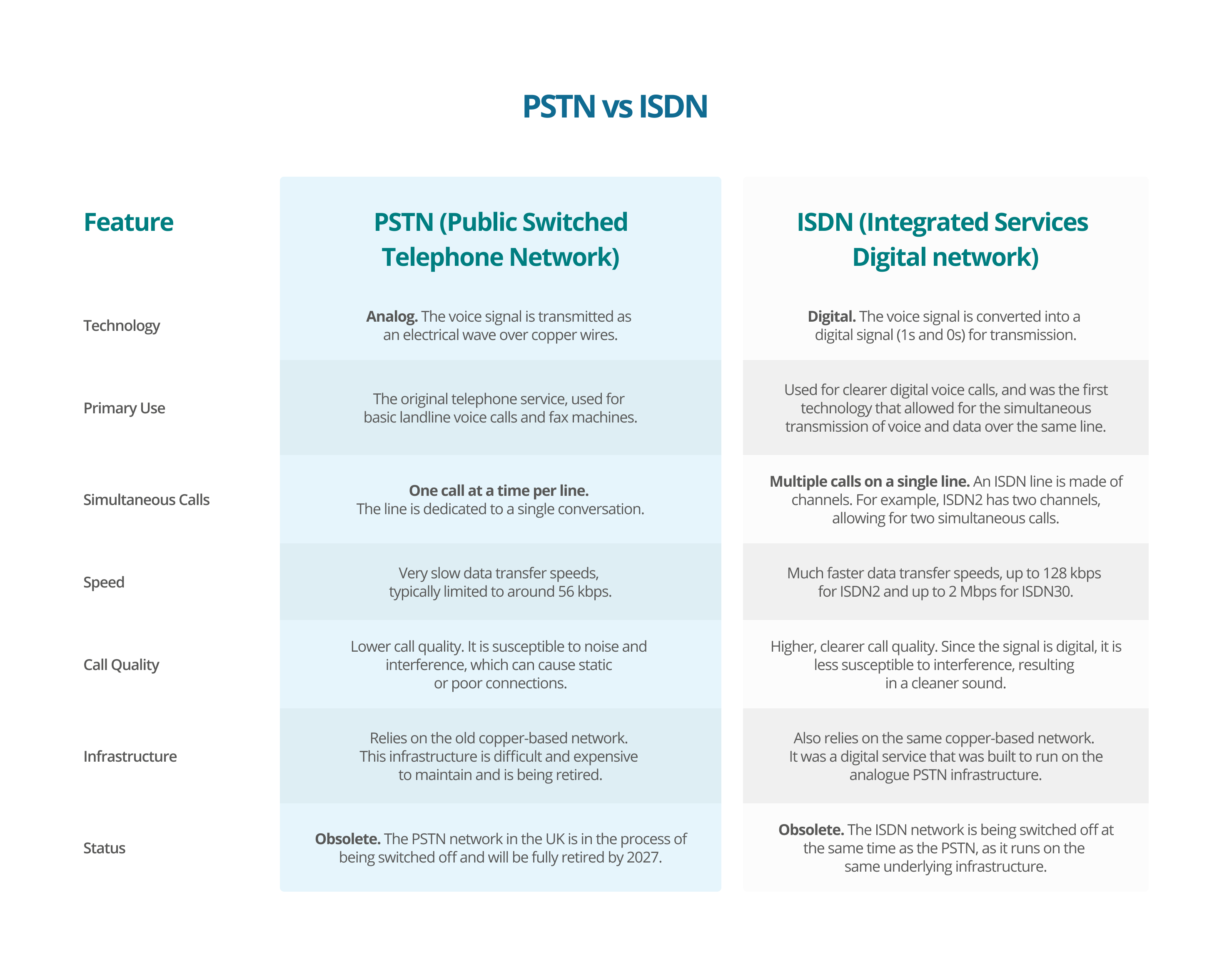
What is PSTN?
The Public Switched Telephone Network (PSTN) is the original phone network created using a series of copper wires that allowed telephone calls to be made between one landline and another, dating as far back as 1878. It served its purpose for decades. However, as population numbers and data demands grew, it became increasingly untenable – more on this in a moment.

What is ISDN?
The Integrated Services Digital Network (ISDN) could be called an “upgrade” to the original PSTN. The only difference being that, while it still runs on the same copper wiring, ISDN allows for the passage of digital voice signals, rather than solely analogue ones. It’s also capable of passing more data than simply voice.

What is the PSTN switch-off?
This is where things get tricky for PSTN and ISDN users… British Telecom has announced it will be deactivating the old PSTN lines in 2027, meaning individuals and businesses must move to a fully digital alternative if they wish to uphold comms. Originally, the PSTN switch-off was set for 2025. However, considering over 50% of businesses were yet to make the switch as this date came closer, BT made the call to push it back to 2027, offering everyone more time to find a suitable alternative… like VoIP, SIP and cloud phone systems in general.
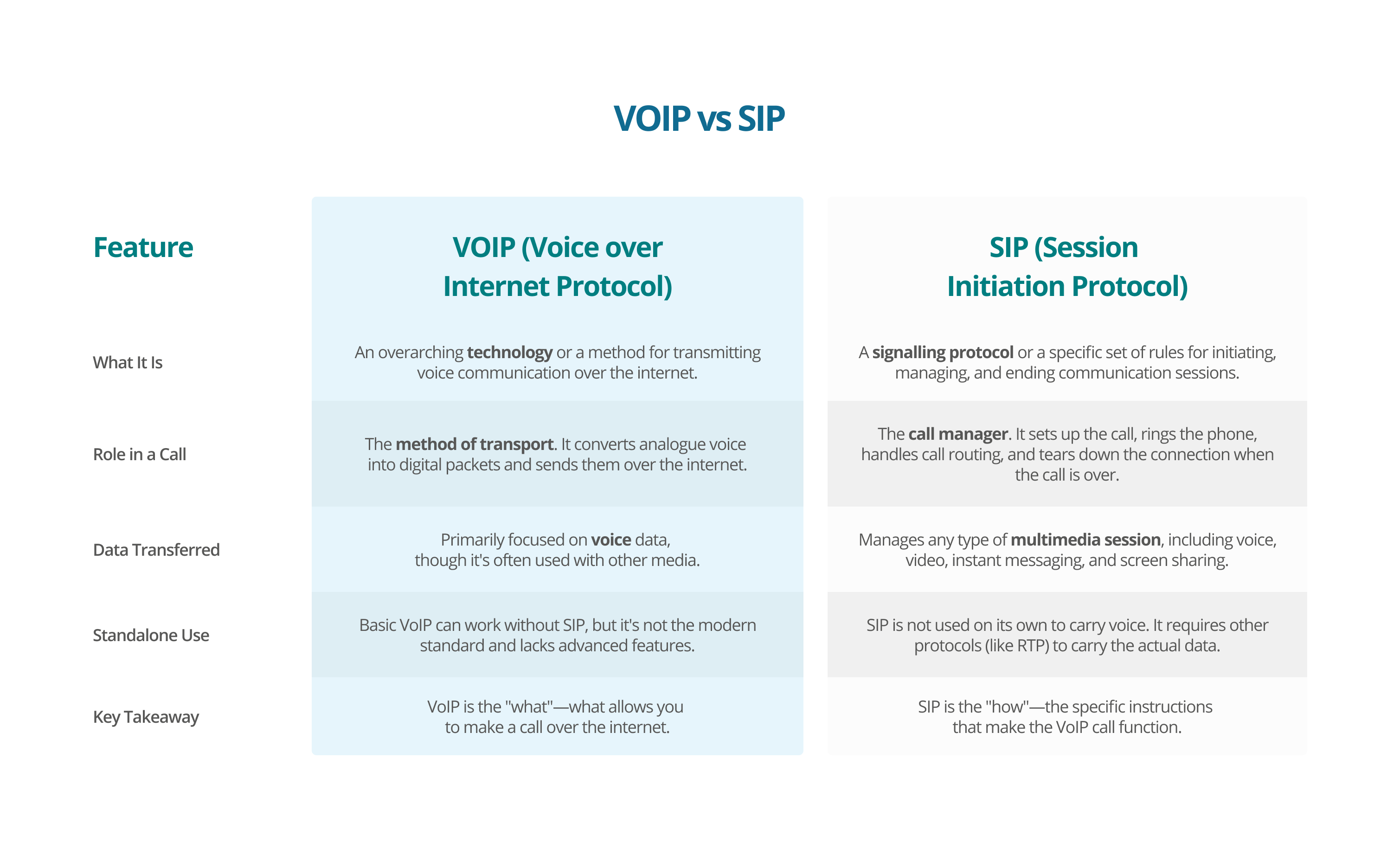
What is VoIP?
Voice Over Internet Protocol (VoIP) is a technology that lets you make phone calls via an internet connection, instead of a traditional analogue phone line. A piece of software captures the analogue signal and converts it into a digital signal that can be shared across an internet connection. Today, it’s considered the standard for both business and personal communications because it will remain unaffected after the PSTN switch-off.
It is the go-to technology to power cloud phone systems worldwide. Not only that, but VoIP is also relied on for video conferencing, instant messaging and other mobile applications, making it a truly versatile tool.

What is SIP?
Session Initiation Protocol (SIP) is an essential process if you wish to migrate to VoIP communications. In simple terms, it is the technology that sets up the conditions that allow VoIP calls to take place, signalling to devices when to start, maintain and end user sessions.
SIP is the protocol that makes VoIP calls possible and supports other services like video, messaging, and collaboration tools, making it an integral part of cloud communications systems globally.
Explore the Best Communication Services for Your Business at Elite Group
If you want to avoid losing communications when the PSTN switch-off hits in 2027, and you’re one of the many businesses that have yet to move to an alternative solution, Elite Group is here for you. Our team will examine your business needs and help you create a cloud-based communications setup that will serve exceptional comms between your colleagues and customers in 2027 and beyond. So don’t wait for the switch-off to hit. Get in touch with an Elite Group expert today. Our team of highly trained, experienced and accredited product specialists is on hand to answer any questions you may have, ensuring you make the correct decision for your business the first time around. Dedicated account management is also available, making sure your chosen solution is always fit for purpose. Plus, our reliable support is available to answer queries, deal with technical issues and help you maximise your solutions to their fullest. If you have any questions about the above products or questions about our services in general, speak with an Elite expert today.

